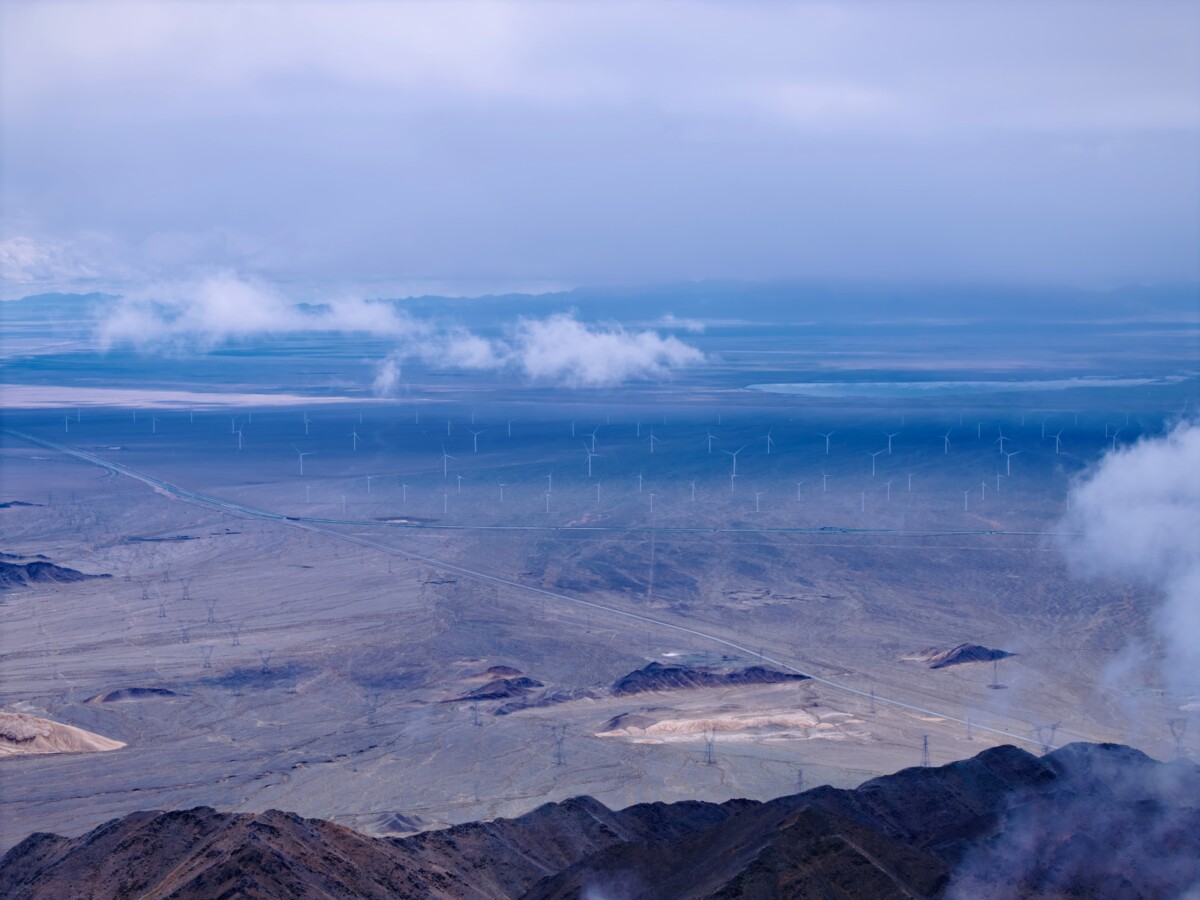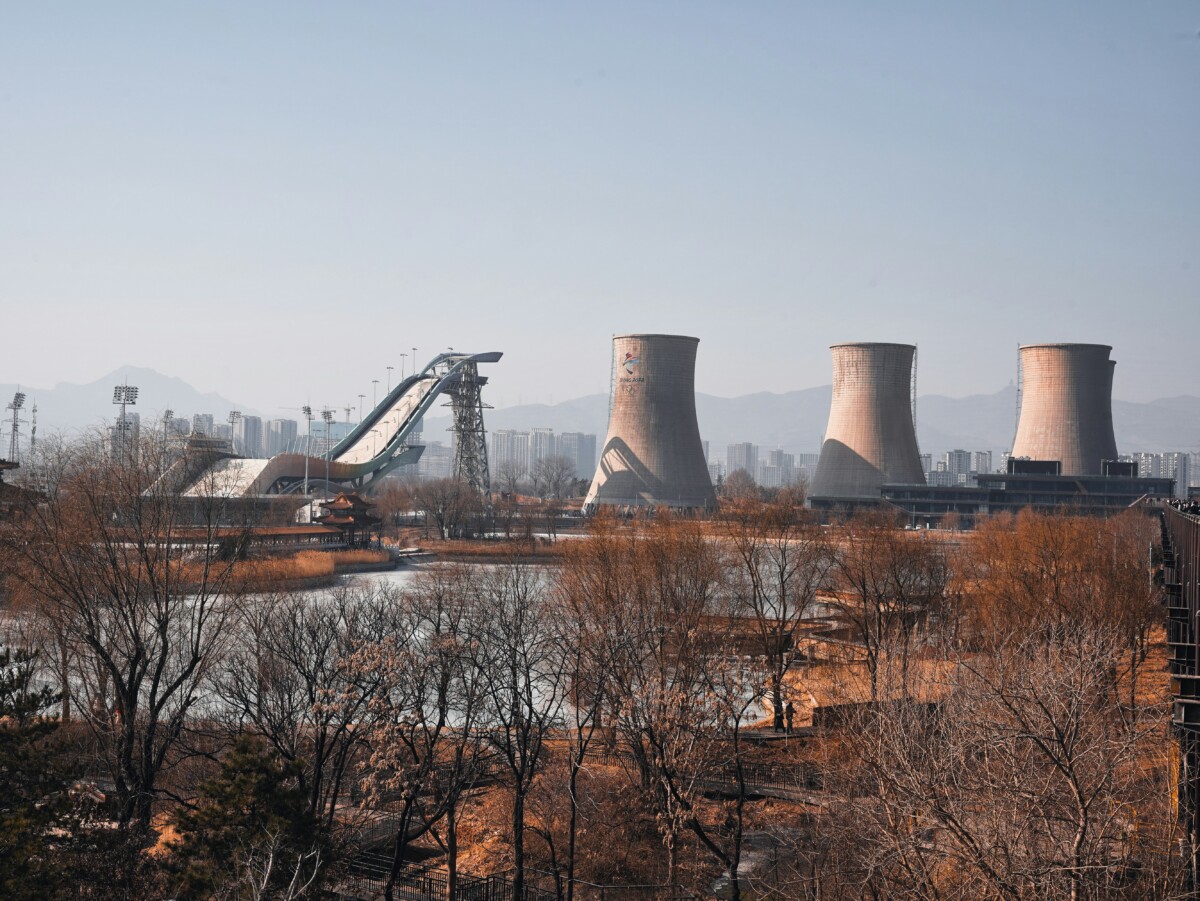Listen to the full podcast episode on YouTube, Spotify, and Apple Podcasts.
Scene-Setter: The World’s Energy Shock
When author and board advisor Gib Hedstrom read the China Energy Transition Review 2025, he was stunned. “I was surprised by the pace and scale of what’s happening,” he said. “China’s clean energy portfolio is right at the steep part of the S-curve. It’s taking off.”
For years, the world saw China as the land of smog and coal. But while Western countries argued over targets, China built the world’s largest renewable infrastructure. It now leads in solar, wind, and electric vehicles. That shift is changing the global energy map.
“China’s clean energy rise isn’t gradual. It’s explosive.”
Origin Story: From Dirty Coal to Clean Ambition
A decade ago, China’s air was choking with pollution. President Xi called it a “war on air pollution,” cutting particulate levels almost in half. The following year, he launched a plan to win what he called the technologies of the future.
“Back in 2015, China set out to win clean energy,” Gib said.
“Most of us in the West didn’t see it. We still thought of them as the dirty coal guys. But they were already working their plan.”
That long view sits at the heart of Gib’s message. While China planned decades ahead, Western companies stuck to short-term cycles. “In the U.S., the median CEO tenure is under five years,” he said. “Boards think in one-to-three-year windows. That’s the dilemma.”

Turning Point: The Power of Planning
After decades of advising Fortune 500 boards, Gib has seen how short-term thinking limits progress. His research found that companies that plan and execute over five to seven years outperform their peers by almost 50 percent.
“China proves the same logic,” he said. “They plan in decades, not in quarters. That’s what leadership looks like.”
“We’re at a fork in the road. For business, for the planet, and for our kids.”
Real-World Action: The Numbers Behind the Shift
The scale of China’s transformation is hard to grasp. It makes 80 percent of the world’s solar panels, 60 percent of wind turbines, and half of all electric vehicles. EV sales jumped from six percent to fifty percent in just four years.
“They’re racing up the S-curve while the rest of us are still building PowerPoints,” Gib said with a smile.
“It’s humbling, and it should be.”
For developing countries, this boom has a ripple effect. China’s mass production has driven prices down, making clean tech the affordable choice. “They’ve built more capacity than needed to meet the Paris targets,” Gib said. “That means others can leapfrog. They can skip the fossil era entirely.”
Conflict: The Clean Energy Paradox
Even with all this progress, China’s story has a shadow side. The country is still building new coal plants, more than six times as many as any other nation.
“It’s the missing half of the story,” Gib said.
“Air quality is better, but coal isn’t gone. They’re closing older plants, but the tension remains.”
This balance between progress and contradiction mirrors the wider sustainability struggle. Every gain carries a cost. Every victory needs more work.

Future Outlook: Lessons for the West
For Gib, the takeaway is simple. Responsibility starts with realism. The West cannot lead without thinking long-term. “Boards don’t usually tell CEOs what to do,” he said. “They lead by asking better questions.”
He hopes China’s progress will wake up Western leaders. “If we don’t change our stripes, we’ll be left in the dust,” he warned.
“Long-term thinking isn’t a luxury. It’s survival.”
Takeaway: Responsibility Through Realism
Gib stays hopeful. He believes change can come from three groups at once: leaders, families, and Gen Z. Each has power to shift how we buy, build, and behave.
“The next five years will define the future,” he said.
“Not just for business, but for our planet. It’s time to plan like we mean it.”
Closing Reflection
Gib’s message is quiet but firm. Responsibility begins with facing facts and having the courage to look beyond the next quarter. China’s clean energy story isn’t only about economics. It’s a test of how seriously we take the future.
Sponsored by...
truMRK: Sustainability Communications You Can Trust
👉 Learn how truMRK helps organisations strengthen the credibility of their communications.
Want to be a guest on our show?
Contact Us.
The Responsible Edge Podcast
Queensgate House
48 Queen Street
Exeter
Devon
EX4 3SR
Recognition.
Join 2,500+ professionals.
Exploring how to build trust, lead responsibly, and grow with integrity. Get the latest episodes and exclusive insights direct to your inbox.
© 2026. The Responsible Edge Podcast. All rights reserved.
The Responsible Edge Podcast® is a registered trademark.
Sponsored by truMRK
© 2026. The Responsible Edge Podcast

